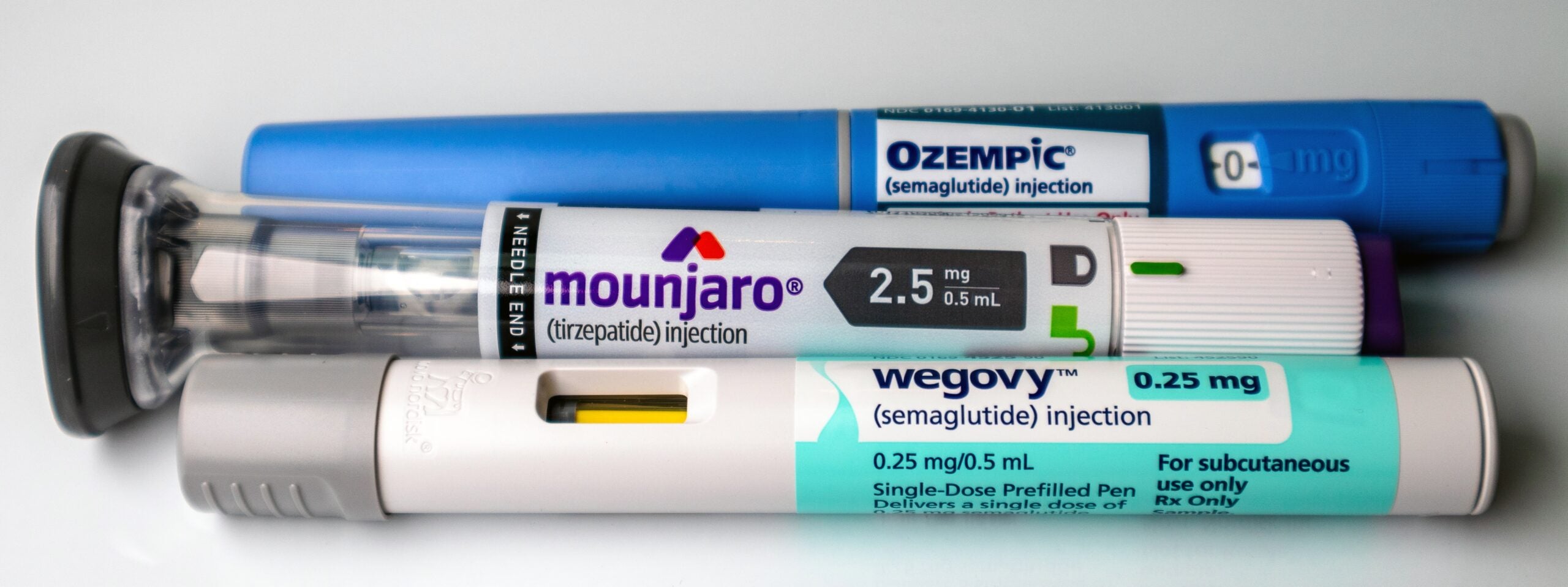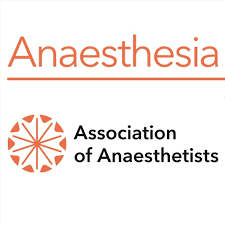
Editor's Note Artificial intelligence (AI) and evidence-based fasting practices could significantly enhance safety and comfort for children undergoing surgery, according to research presented at the ANESTHESIOLOGY® 2025 annual meeting that took place on October 10–14. One study found AI systems outperform standard methods in key pediatric anesthesia tasks, including selecting…

With the explosion of GLP-1–based therapies for type 2 diabetes and weight loss, perioperative nursing teams, especially in the preoperative and postanesthesia care areas, need to be fluent in recognizing these medications. Some patients may arrive on these agents—or even novel oral GLP-1s—and the physiologic effects, especially delayed gastric emptying,…

Editor's Note Loosening fasting policies before surgery does not increase the risk of post-surgical aspiration, also known as aspiration pneumonia, according to a systematic review and meta-analysis published in the journal Surgery in August 2025. The researchers analyzed 17 studies published between 2016 and 2023, including randomized clinical trials and…

Editor's Note Patients taking GLP-1 receptor agonists (GLP-1 RAs) do not need to discontinue these medications before undergoing anesthesia but should follow extended preoperative fasting protocols to reduce aspiration risk, according to a June 5 article in Medscape. As detailed in the article, this recommendation comes from a new multidisciplinary…

Editor's Note Taking GLP-1 receptor agonists before anesthesia increases the risk of residual gastric contents, but evidence is lacking for a corresponding increase in perioperative pulmonary aspiration risk, according research published April 15 in the journal Anaesthesia. The systematic review and meta-analysis analyzed 28 observational studies involving over 466,000 patients…

Editor's Note Preoperative use of GLP-1 receptor agonists was not significantly associated with an increased risk of aspiration pneumonia or acute respiratory failure after surgery, according to a March 4 report in MedPage Today. The article focuses on a retrospective cohort study of over 366,000 surgical patients found no meaningful…

Editor's Note A system-wide preoperative nutrition program resulted in shorter hospital stays and fewer postoperative complications across the Allegheny Health Network, according to a study presented at the American College of Surgeons Clinical Congress 2024. Medical Xpress reported the news October 18. According to the article, researchers analyzed data from…

Editor's Note Research shows repeated fasting for multiple surgeries during a single hospital stay significantly raises the risk of protein-calorie malnutrition, leading to longer recovery times, increased healthcare costs, and a higher likelihood of death. HealthDay covered the news October 21. Presented at the American Society of Anesthesiologists annual meeting,…

Editor's Note Patients using GLP-1 receptor agonists (GLP-1 RAs) have a higher risk of food retention during esophagogastroduodenoscopy (EGD) when performed alone, but not when combined with a colonoscopy, according to a retrospective study from Cedars-Sinai Medical Center. MedPage Today reported the news October 1. The study included 70 patients…

Editor's Note Preoperative use of GLP-1 receptor agonists (RA) medications such as Ozempic and Wegovy is safe, according to a study published in the June issue of the American Journal of Gastroenterology. Controversy has swirled around these drugs due to the risk of slowed stomach emptying increasing a patient’s odds…